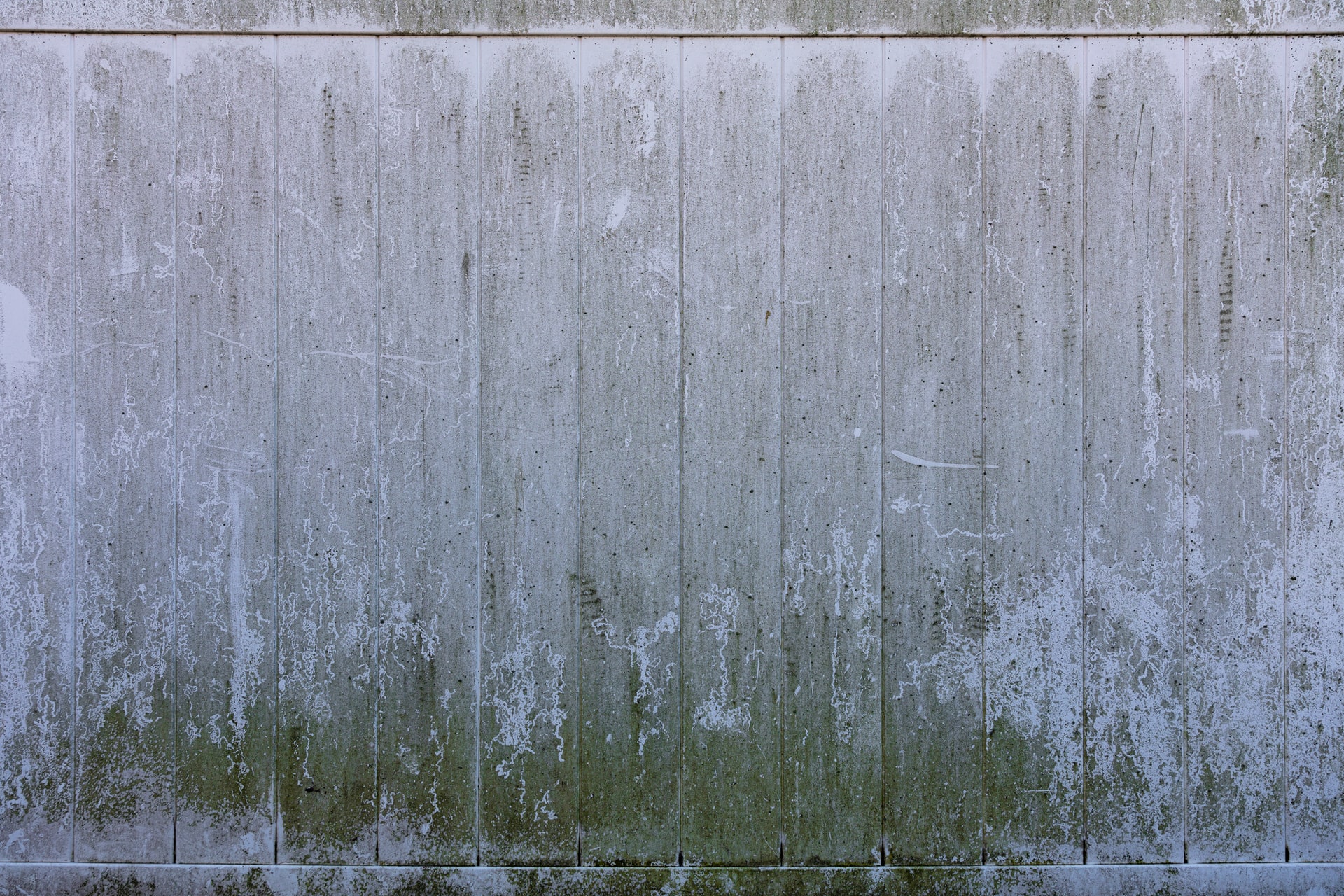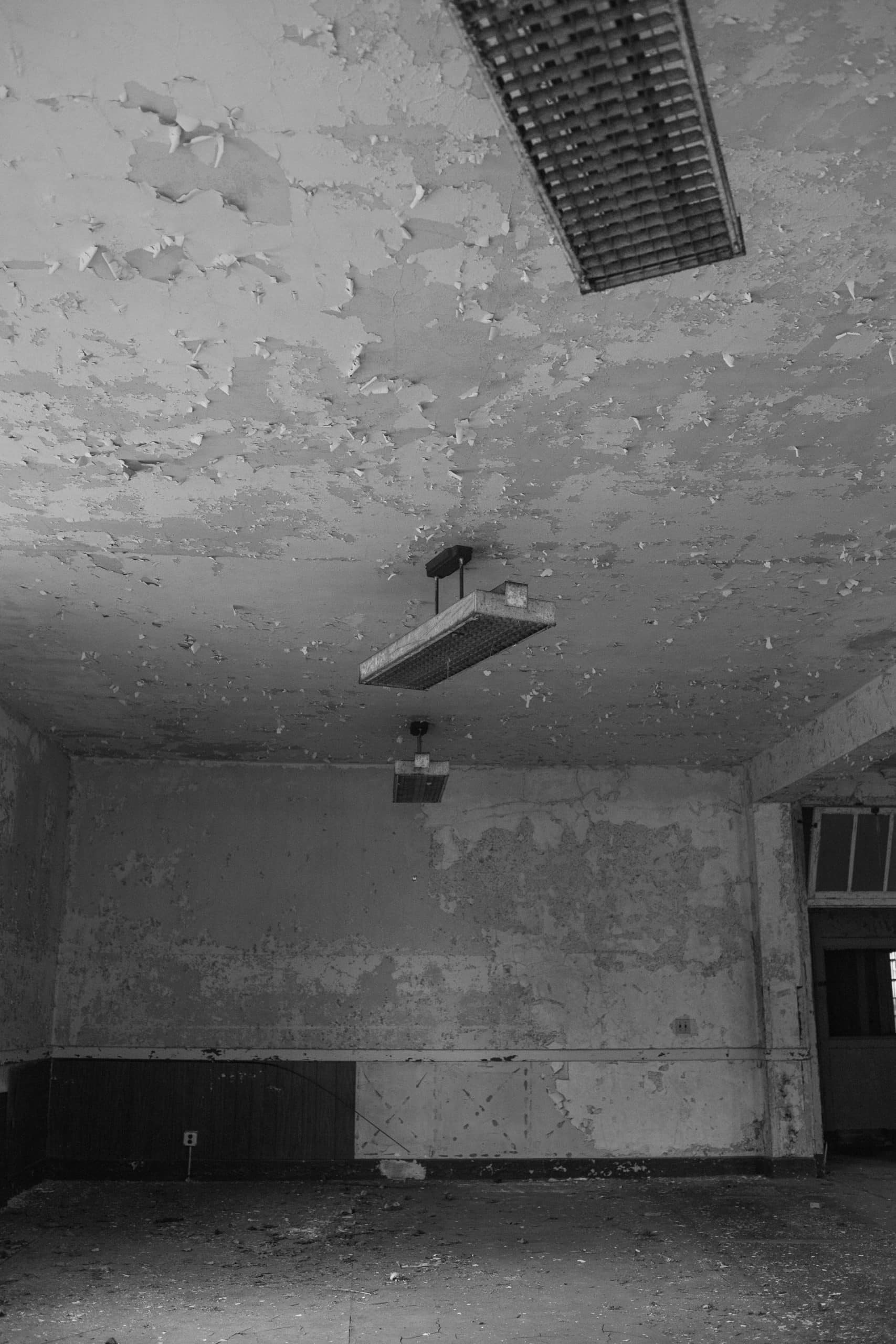All properties need regularly-scheduled maintenance. Whether it’s your home, office, or even commercial properties that you own – a multi-unit rental or office space that you lease to small businesses – the best way to ensure that there are never any structural issues is to prevent them from happening in the first place.
The gradual development of mold in the unseen and hard-to-reach places of your property is one of the most common problems encountered by property owners. In addition to the potentially serious and long-lasting health effects presented by exposure to mold, there’s even something more problematic:
There aren’t necessarily a lot of Commercial property owners who view mold as a serious issue. Many people see mold and simply decide to do a ‘mold clean up’. There are most likely several reasons for this approach:
- the property owner doesn’t understand/has never learned the seriousness of the issue
- he wants to avoid the inconvenience of bringing in professional cleaners
- he wants to save money
One thing is for certain: if this is your approach as a commercial property owner, you may temporarily wipe away some mold, but the source of the problem and the inherent health risks to your tenants will remain.
The best way to handle the onset of a mold problem? Mold remediation.
IMAGE: UNSPLASH
Mold Damage Can Ruin Your Business
If you’re a commercial property owner in Dallas, Texas (with all of its unrelenting heat and humidity), possibly one of the last things that you want to hear from a tenant – be it a private person renting an apartment or a business renting space – is that there appears to be a significant mold problem. This is not something to be taken lightly.
Beyond the obvious structural damage that mold can do to your building, there are the much more important risks to the health of the people who live or work there. There are obviously a lot of people who already suffer from things such as allergies, respiratory issues, or have weakened immune systems. The presence of mold and possibly breathing it in will only compound their problems.
And guess what? You’re going to be responsible.
As a commercial property owner, you want to stay away from liability issues. Mold prevention and proper clean-up are, unfortunately, often one of the most overlooked priorities, but it should be at or near the top of the list.
For example, small business employees who work in one of your buildings will be there for the longest part of the workday. That’s extended exposure, possibly over a long period, should it go unnoticed.
If you rent living space (such as an apartment or house), your tenant’s exposure to breathing in the mold will probably be for the longest part of the day – at least twelve hours. Not only can the mold go unseen, but your tenant may be actively breathing it in even when he or she is sleeping.
That’s why prevention is always the first best option.
If mold appears, you should immediately call in a professional mold remediation and removal company like The Duct Kings Dallas that experience with mold in commercial buildings and have a remediation plan put in place. This plan should be in writing and include the following:
- when the work will begin
- when it’s scheduled to be completed
- the name of the company performing the remediation
- any testing that needs to be done
- whether your tenants will be temporarily relocated
Such a plan will help to mitigate or eliminate your liability, and a final report from the professional HVAC cleaning company may highlight any larger trends in potential future mold growth.
Out with the Mold, in with the Rescue
Many people don’t understand the difference between mold removal and mold remediation. If you simply go the route of removal, your problems are likely to occur again, because you may not have addressed the source of the problem.
Remediation, on the other hand, is a comprehensive clean up that addresses the source, isolates the affected areas, is a thorough clean-up, etc. It’s intended to remove the mold, bring any mold in the air back down to acceptable levels, and to ensure that it doesn’t return.
To have this done properly, you need to bring in licensed, professional HVAC cleaners.
The larger plan for a reputable professional is as follows:
- Properly assess the entire problem (especially if there’s black mold)
- clean up the existing mold
- ensure that he and any occupants are not further exposed
- address the moisture source and take steps to prevent new growth
- determine what specific steps that need to be taken, depending on the size of the affected area
- provide you with tips and advice to prevent future problems
Remember, the real goal is not mere clean up. It’s eradication and prevention.
Mold Remediation Process
Depending on the extent of the problem, the mold cleaners professionals working to clean and eliminate your problem may well cover themselves with protective clothing, a respirator, sealed goggles, and rubber gloves that go up to their forearms.
Mold is nothing to play with.
If it’s done properly and completely, there are quite a few specific steps involved in the remediation process. A reputable professional will do all of the following:
- first, identify the source and repair the water problem
- isolate the contaminated area (square footage)
- remove all materials that are damp and that have been damaged by mold
- reduce any dust in the air with a misting process
- clean the damaged area with damp cloths, mops, detergent solutions, and a HEPA vacuum
- place all cleaning materials in appropriate plastic bags when completed
- clean all non-porous materials and wood surfaces
- perform a visibility test – ensure that the affected area is visibly free of contamination. If there’s no dust and dirt when he’s finished, then there’s no mold
Once your professional has dedicated the appropriate amount of time to the project and taken all the necessary steps, you should be good to go.
How That Mold And Mildew Got There, Anyway?
Once again, remember that if you haven’t made mold prevention and HVAC cleaning a routine part of maintenance, there are any number of ways that mold spores can grow and infect your air. This includes (but certainly is not limited to) the following:
- parts of the property with leaks (foundations, walls, roofs, windows, pipes, water lines)
- poor construction: walls, windows, insulation, lack of weather stripping
- high indoor humidity
- lack of proper exhaust ventilation (bathrooms, dryers, etc.)
- damp basements
- floods, sewer back-ups (especially dangerous, since they contain bacteria, viruses, or chemical hazards)
Final Mold Clean Up
Once mold remediation has completely resolved your problem and you’re reasonably certain that it will never come back, it’s still nonetheless important to perform the appropriate preventative maintenance on your property. You can do this by implementing a comprehensive moisture strategy. There are simple things that you can make priorities.
- watch for and clean up any wet spots
- fix any plumbing leaks
- use dehumidifiers in moist areas (try to keep humidity levels below 60 percent)
- make sure that your property is properly ventilated
- check to see if your HVAC drip pans are dry and empty
- call in professionals for regular maintenance on your HVAC system
- occasionally check your building’s foundation for moisture – make sure your landscaping drainage is working efficiently
The bottom line is that there are a lot of ways that water damage can impact your property and the health of its occupants. Only regular attention and awareness will prevent serious problems.
The Duct Kings Dallas are ready to assist. Give them a call today, and they’ll be out to your home or office in no time. Facebook, Twitter, YouTube
If you are interested in even more lifestyle-related articles and information from us here at Bit Rebels, then we have a lot to choose from.


COMMENTS